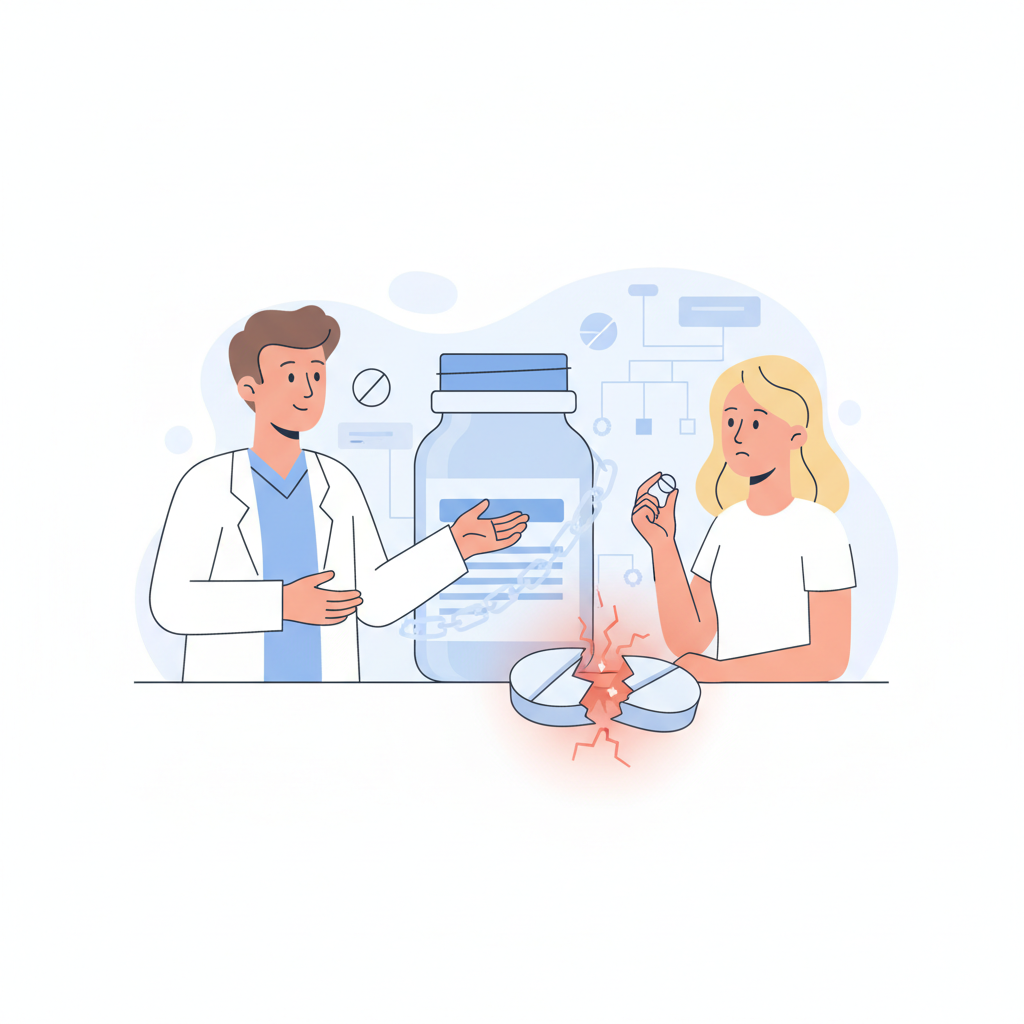Opiate dependence is one of the most challenging medical and societal issues of our time. While biology, trauma, and social environment all shape the risk and trajectory of addiction, recent science demonstrates that personality traits and opioid addiction, the foundational traits shaping how we think, feel, and behave play a tremendous role in both vulnerability and recovery. Customizing treatment plans to meet the personality-driven needs of each patient is quickly becoming a critical pillar in modern opiate dependence treatment.
The Science of Personality and Addiction: Introduction
Every person brings a distinct blend of temperament, motivation, and behavioral style to the struggle with opiate dependence. Psychologists commonly use the “Big Five” personality traits for assessment:
- Neuroticism: Tendency toward negative emotions, anxiety, mood swings.
- Extraversion: Sociability, energy, outgoing nature.
- Openness to Experience: Creativity, curiosity, willingness to try new things.
- Agreeableness: Empathy, cooperation, compassion.
- Conscientiousness: Self-discipline, organization, perseverance.
How do these traits interact with treatment for opiate dependence? Let’s explore the evidence.
Key Personality Traits and Opiate Use Risk
Multiple studies have identified critical links between personality profiles and both the risk and course of opiate addiction:
- High Neuroticism is strongly tied to emotional instability, negative self-image, and increased risk for both opioid misuse and relapse. Individuals who struggle to manage stress and anxiety often turn to substances, including opiates, as a coping mechanism.
- Low Conscientiousness predicts poor impulse control, difficulty with routines, and greater challenges sticking with treatment or follow-up. Patients low in this trait may resist guidelines, skip medications, or leave programs too early.
- Low Agreeableness (difficulty trusting others, lower empathy) may reduce openness to therapy and peer support, making traditional group-based or community recovery less effective.
- High Extraversion can sometimes promote better engagement with social and behavioral therapy, while very high impulsivity might accelerate risk-taking and relapse.
People with immature personality traits or probable personality disorders may also show higher prevalence of illicit drug use and resistance to structured treatment.
Personality as a Predictor of Treatment Outcomes
Recent, long-term cohort studies have shown that personality traits meaningfully influence the likelihood of recovery—at least in the first several years post-treatment. For example:
- Higher neuroticism is linked with lower chances of long-term abstinence and increased emotional distress during withdrawal.
- Patients with higher conscientiousness demonstrate greater treatment adherence and lower relapse rates.
- Greater extraversion predicts short-term engagement and lower-risk use, but may lose influence over long-term outcomes.
- Openness and agreeableness have more nuanced effects, helping some patients access new therapies or respond well to team-based support.
Notably, more recent research suggests that these trait effects may become less predictive several years after treatment. This means early intervention and personality-tailored planning are especially vital during initial recovery.
Why Personality Matters in Medical Detox and Clinical Settings
For physicians and care teams, understanding a patient’s personality is invaluable for:
- Choosing between inpatient and outpatient detox. Patients high in neuroticism or with low self-discipline may benefit more from supervised inpatient medical care.
- Identifying risk for depression, anxiety, or impulsivity-driven relapse during withdrawal and post-acute recovery.
- Structuring routines, medication schedules, and aftercare planning that fit the individual’s strengths and challenges.
- Building trust and therapeutic alliance especially for those lower in agreeableness or struggling with antisocial traits.
Mental health and addiction professionals now routinely screen for these traits to strengthen personalized medicine and reduce “one-size-fits-all” pitfalls.
Practical Application: Personality-Tailored Treatment Innovations
Modern opiate treatment centers increasingly leverage personality assessment during the intake process. This enables precise matching to therapies, peer groups, and interventions. For example:
- Patients with high neuroticism may get added anxiety management, trauma-informed therapy, or proactive antidepressant support.
- Those with low conscientiousness can benefit from motivational interviewing, digital reminders, or accountability partnerships.
- Individuals high in openness may engage with alternative therapies such as mindfulness training, creative arts, or new pharmacological options.
- For those less sociable (low extraversion), one-on-one medical coaching can supplement group therapy to prevent isolation.
- High impulsivity may prompt use of cognitive behavioral therapy or new neurofeedback tools aimed at improving impulse control.
Personality, Wisdom, and Recovery: Making Treatment Human
Personality assessment is not about labeling; it’s about cultivating wisdom in both clinician and patient. Treatment succeeds best when medical science meets mental flexibility, and patients feel respected as individuals, not just diagnoses.
By embracing the diversity of human temperament:
- Professionals offer hope tailored to actual needs and strengths.
- Patients feel seen, understood, and powered to take active roles in their recovery.
- Personality-informed care creates bonds of trust, resilience, and enduring change.
Conclusion: The Path Forward
Addiction medicine is undergoing a revolution—moving from generic protocols to sophisticated, personality-driven precision care. By weaving personality science into the fabric of opiate dependence treatment, we unlock better outcomes, lower relapse rates, and richer, more meaningful lives after recovery.
Opiate dependence may be a shared struggle, but your path to freedom is as individual as you are.
Authoritative Medical References
- Personality Profiles of Individuals with Substance Use Disorders
- Personality Assessment: The “Missing Link” to Personalized Treatment
- Opioid Addiction: MedlinePlus Genetics
- The Prospective Association between Personality Traits and Prescription Opioid Use
- Personality and Substance Use Disorder: Characteristics as Predictors of Outcome





